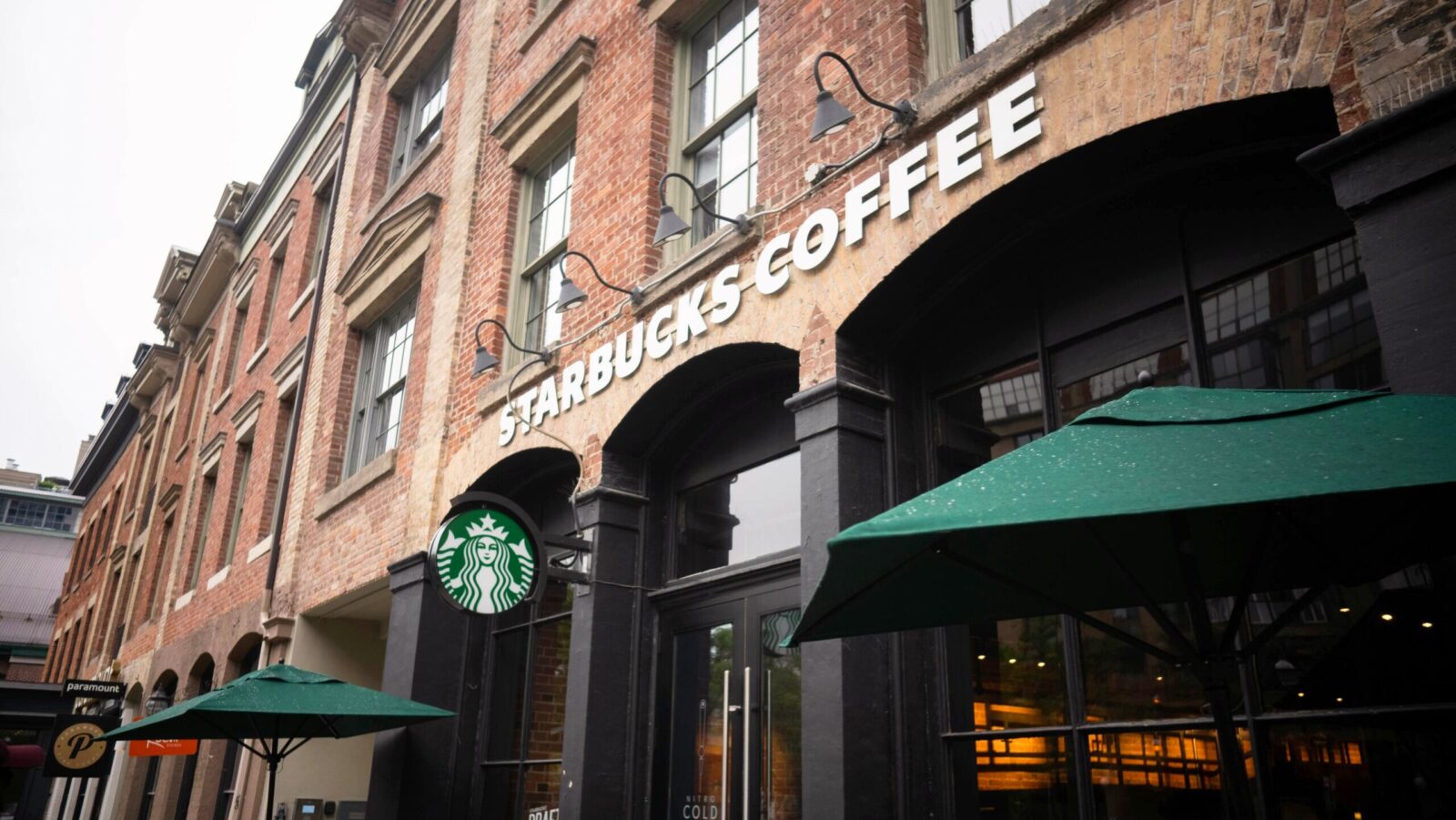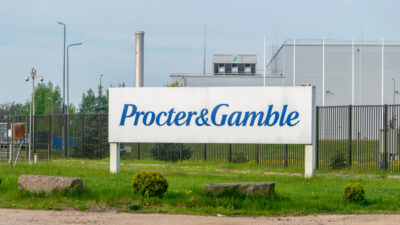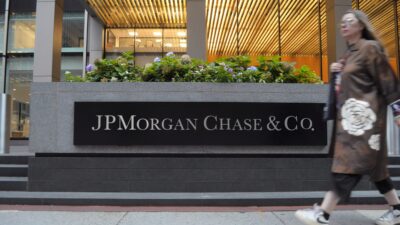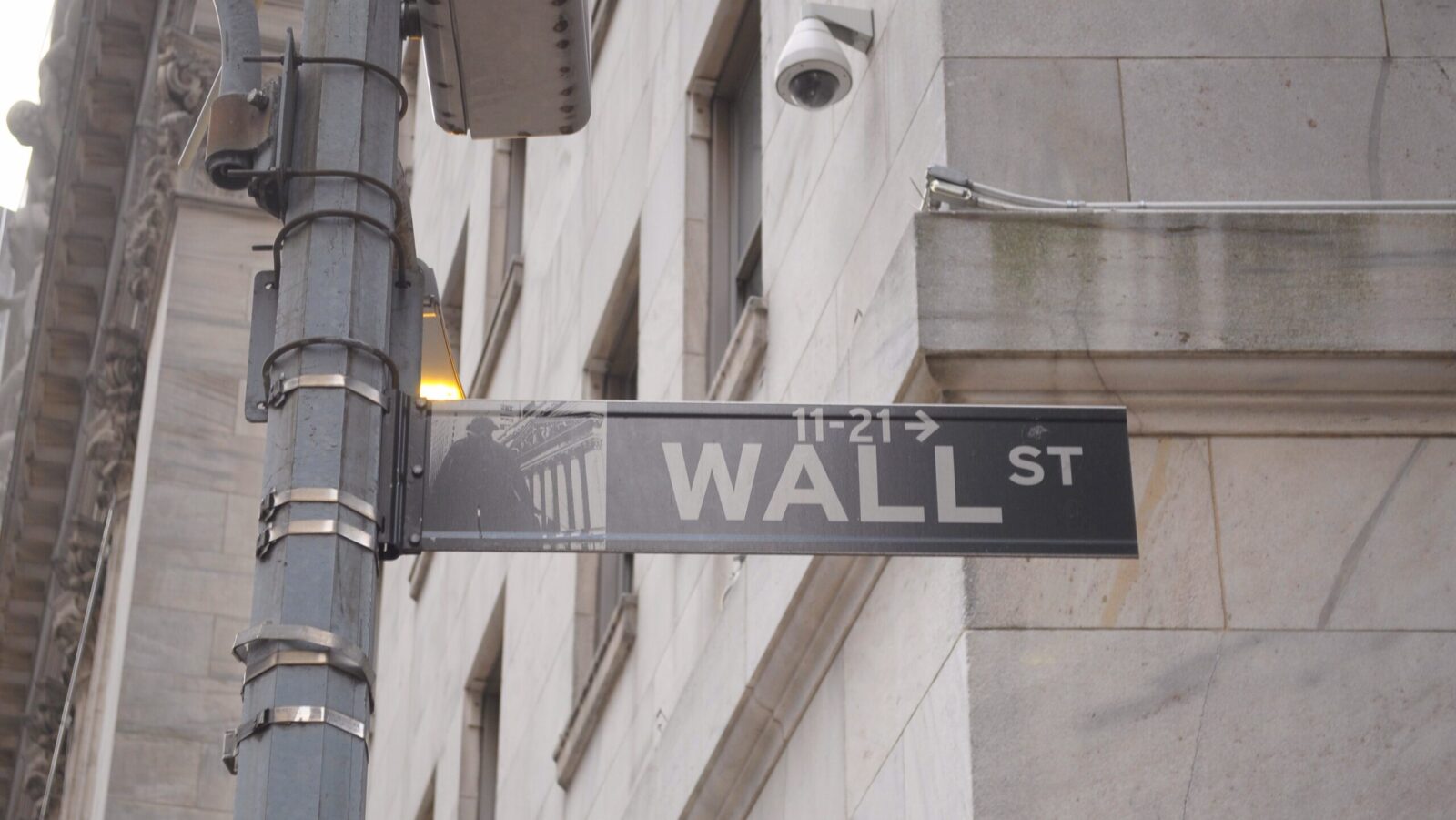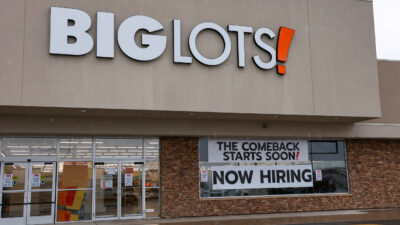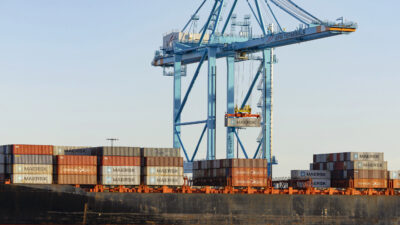Walmart, Uniqlo Join Retailers Touting Ways to Navigate Trade War
A handful of retail executives hinted this week that they are eyeing some strategic advantages and opportunities amid the trade war.
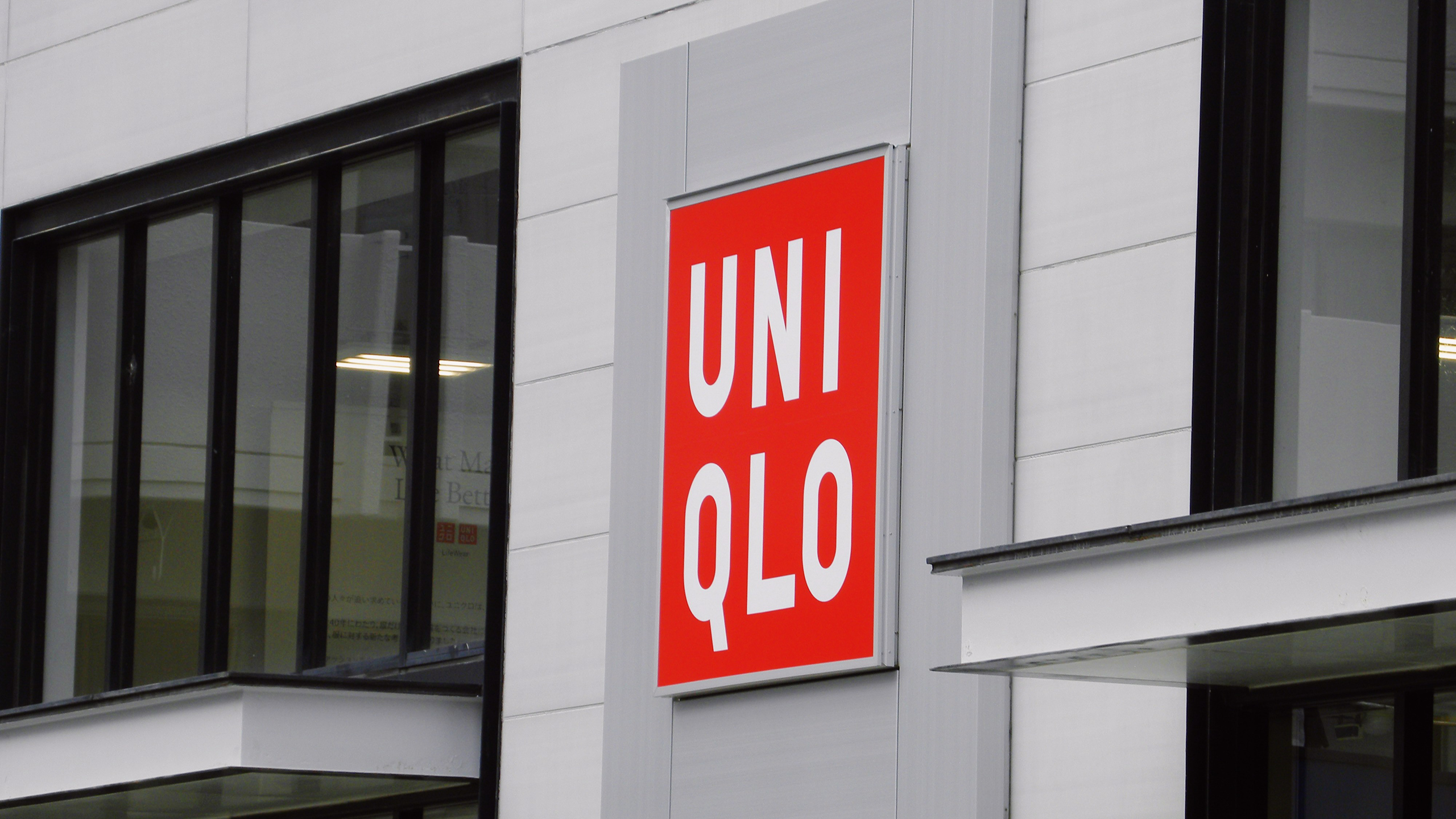
Sign up for smart news, insights, and analysis on the biggest financial stories of the day.
After watching their stock prices become collateral damage in a trade war, retail executives have crafted a game plan: spend the next 90 days determining the best course of action if the US resumes duties on imports from countries with whom it can’t cut a deal.
A handful of executives hinted this week that they are already eyeing some strategic advantages and opportunities.
Looking for Plus Signs
One of the most detailed assessments from a corporate leader so far came Thursday when Japanese billionaire Tadashi Yanai, president of Uniqlo-owner Fast Retailing, addressed his company’s latest earnings. Uniqlo does roughly 7% of its business in the North American market — compared with 30% in Japan and 29% in China, Hong Kong and Taiwan — but it’s still seen as key to growth.
Noting Uniqlo sources its clothing from factories in China, Vietnam, Bangladesh and Cambodia, Yanai suggested the era of “China plus one” is nearing its end. That refers to a business diversification strategy of moving some manufacturing out of China to one other place in order to blunt the impact of exposure there. Yanai noted having manufacturing in more than plus one means the ability to shift production to spots where trade deals end up being the most favorable, noting “adversities present opportunities.”
While Uniqlo said it expects profits to take a 2% to 3% hit and North American sales to drop 20% in the second half of its fiscal year due to tariffs, the company was bullish about its prospects and revised its net profit estimate for the year ending in August up to a record ¥410 billion ($2.8 billion) from ¥385 billion ($2.6 billion). While Yanai noted a path to navigating tariffs, another retail executive said any sort of downturn could help low-cost retailers:
- “History tells us that when we lean into these periods of uncertainty, Walmart emerges on the other side with greater share and a stronger business,” the retail giant’s CFO John David Rainey said on Wednesday as the company reaffirmed its forecast that sales will rise 3% to 4% this quarter.
- Walmart has emphasized in recent years that it has gained customers stressed out by inflation, including people who make $100,000 or more (they accounted for 75% of its market share gains in the third quarter of last year).
Call in the Task Force: Levi Strauss CEO Michelle Gass said Monday that the company has convened a “task force” that could assess where its products come from, echoing Yanai (Levi imports to the US from 20 countries). She also said the company could start “test pricing” where it sells directly to consumers, aka gauging their appetite for price hikes if a global trade war does happen (though Gass emphasized any price changes would be done “very surgically”).
